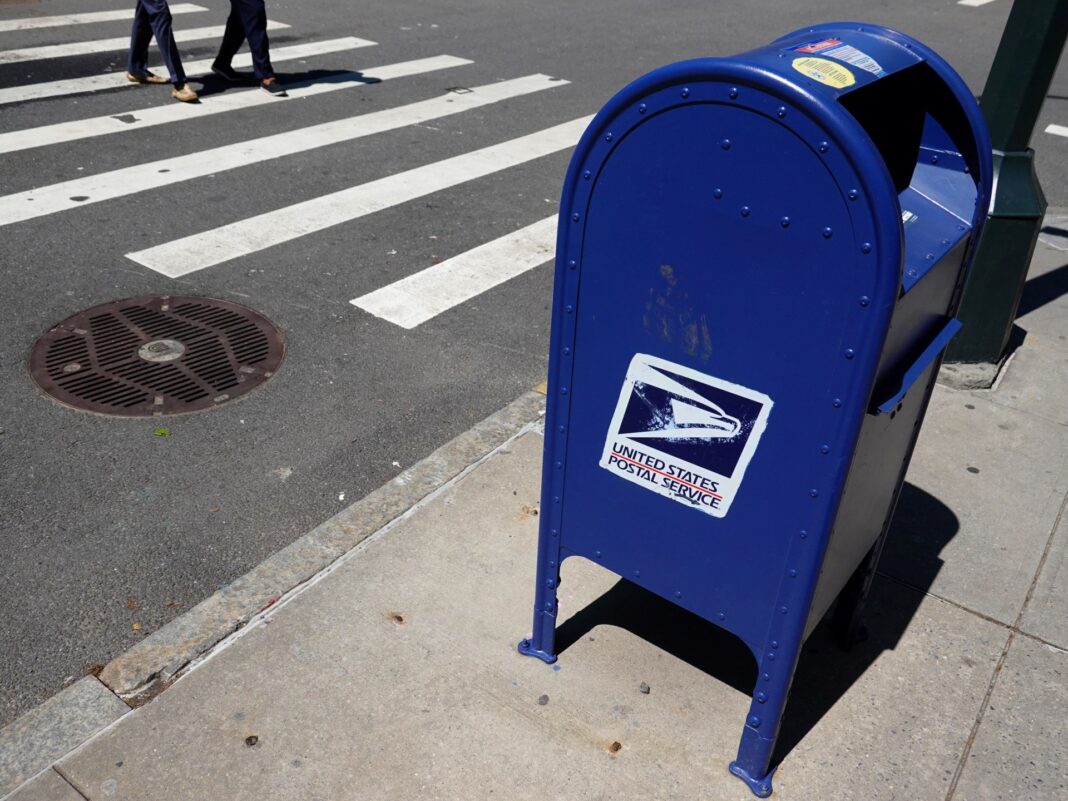For decades, the question of whether and how Palestinians might build a state in their homeland has been at the center of Middle East politics — not only for the Palestinians themselves, but also for Arabs around the region, many of whom regard the Palestinian cause almost as their own. Forcing Palestinians out of their remaining territory, Arabs say, would doom that shared desire for Palestinian statehood and destabilize the entire region in the process.
So it was a nightmare for the Palestinians’ closest Arab neighbors, Egypt and Jordan, and a dream come true for Israel’s far-right-dominated government, when President Trump proposed moving everyone out of the Gaza Strip and onto Egyptian and Jordanian soil, an idea he repeated in a White House news conference with Prime Minister Benjamin Netanyahu of Israel on Tuesday.
To the two Arab governments, it is not a matter of real estate or refugee camps, but of compromising their own long-held principles, angering their people, risking their own security and stability and perhaps paving the way for West Bank Palestinians to meet the same fate. They have responded with categorical “nos.”
That refusal has been backed up by politically independent and opposition figures in Egypt alongside mouthpieces for the country’s authoritarian government, underscoring how the Palestinian issue unifies even the bitterest political opponents in Egypt.
But Mr. Trump has shown little regard for the two countries’ concerns, their sovereignty or the idea of Palestinian statehood.
“They say they’re not going to accept,” Mr. Trump said of Egypt and Jordan during an earlier meeting with Mr. Netanyahu in the Oval Office. “I say they will.”
The president may have ways of bending them to his will. Egypt and Jordan are among the top recipients of American military aid worldwide; Mr. Trump has mentioned the funding in recent weeks, though without publicly threatening to pull it over the Gaza issue.
Still, analysts say the financial incentives of keeping that aid, which makes up a limited portion of each country’s budget, are minor compared to the two governments’ fears of alienating their populations by appearing complicit in the ethnic cleansing of Palestinians and other anxieties. Though the rulers of both countries often brook little dissent on other matters, often using repression to silence internal criticism of their decisions, analysts say they know they cannot afford to ignore public opinion on such a crucial issue.
“It’s no joke going up against Trump, particularly for Egypt and Jordan,” said Paul Salem, the vice president for international engagement at the Middle East Institute. But since “this would really be a bridge way too far for much of public opinion,” he added, “there is no other option for an Arab leader. I don’t see what else they could do.”
For President Abdel Fattah el-Sisi of Egypt, the issue is particularly sensitive because he has tried to rally public support for himself at a time when Egyptians are enduring a prolonged economic crisis by painting himself as a champion of the Palestinians. Egypt also sees the possibility of Palestinians settling en masse in Egypt as a serious security threat, government officials, diplomats and analysts say: Officials worry that members of militant groups among forcibly displaced Palestinians could launch attacks at Israel from Egyptian soil, inviting Israeli military retaliation.
Jordan, with its far smaller population — many of Palestinian descent — and heavy dependence on U.S. support, is perhaps even more vulnerable. Far-right Israelis have long talked of Jordan as the place where Palestinians forced out of Gaza and the West Bank should make their home instead of their current territories, raising fears in Jordan that if people from Gaza are forced out, Israel will next drive Palestinians out of the West Bank and annex it.
Many, if not all, would likely be forced to go next door to Jordan, destabilizing a country already unsettled by tensions between citizens who are of Palestinian descent and those who are not, analysts say.


